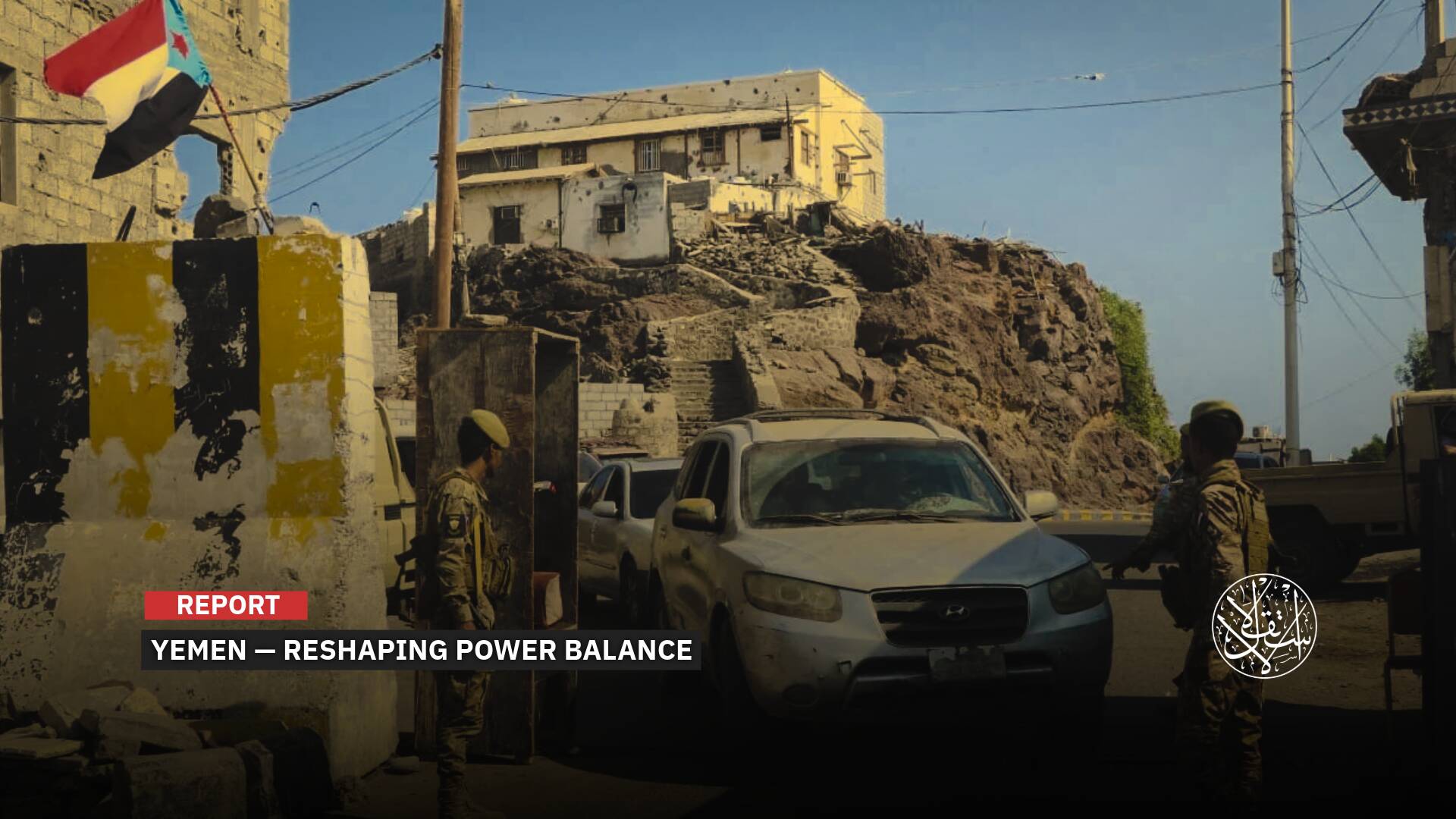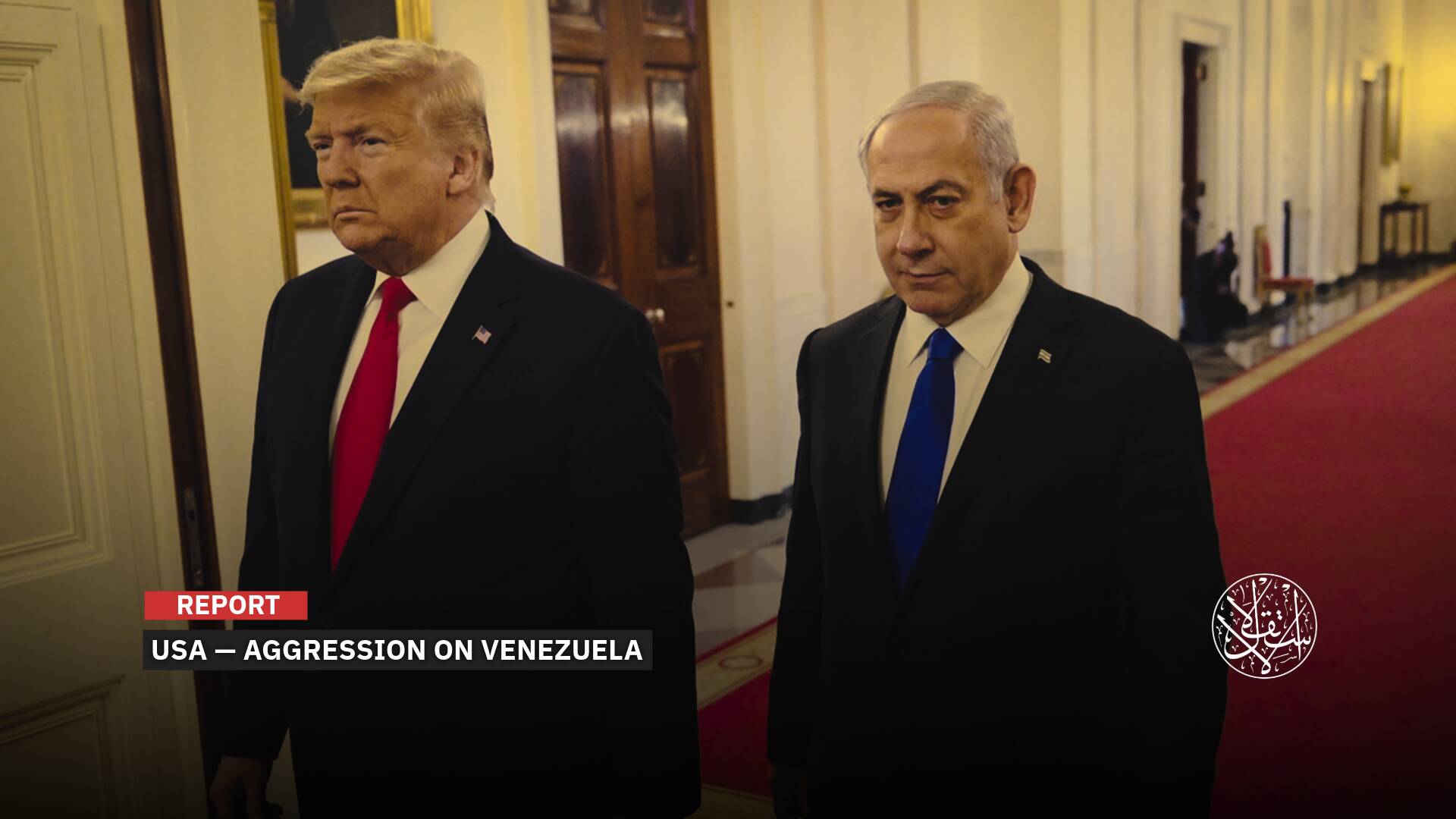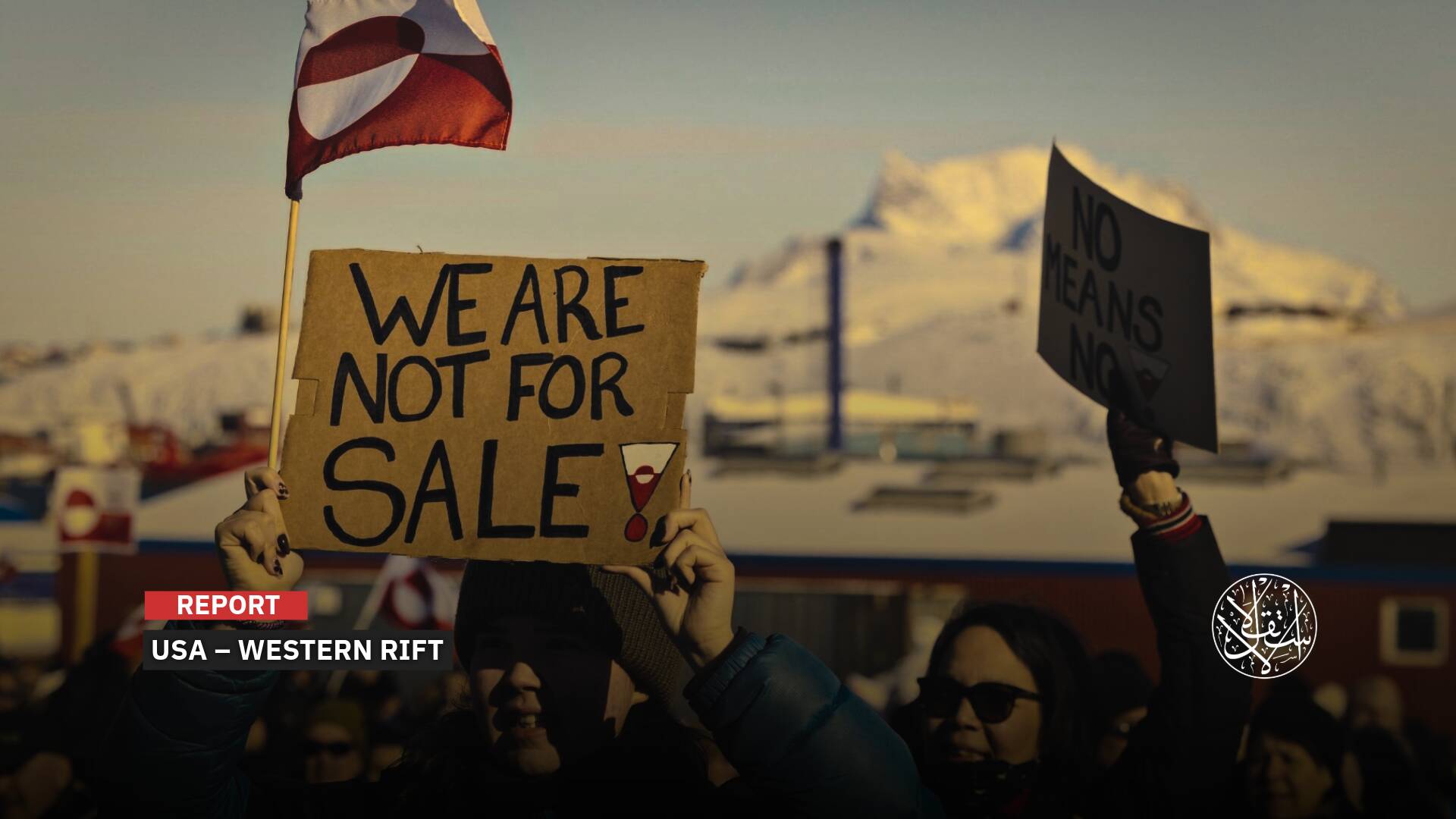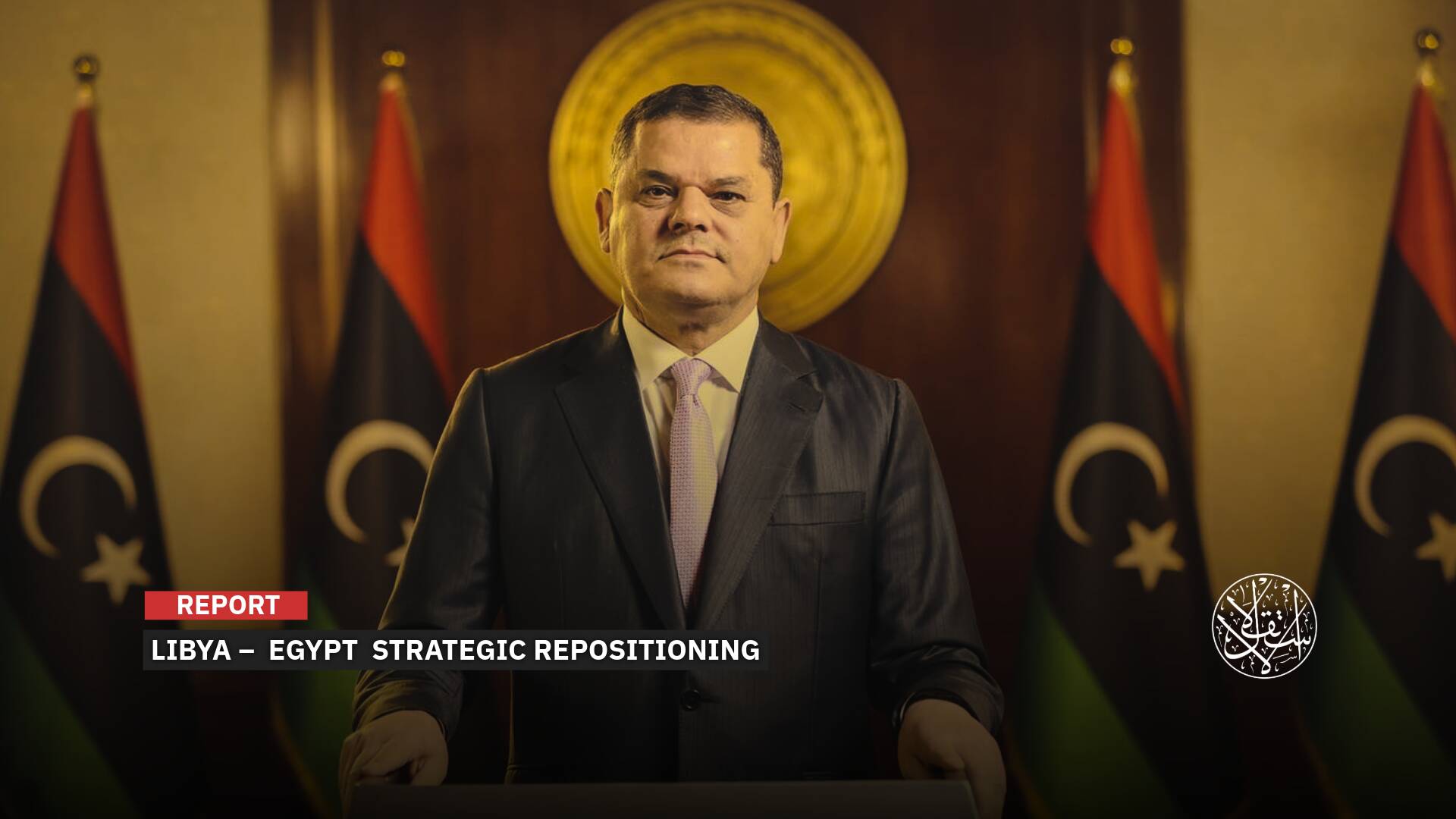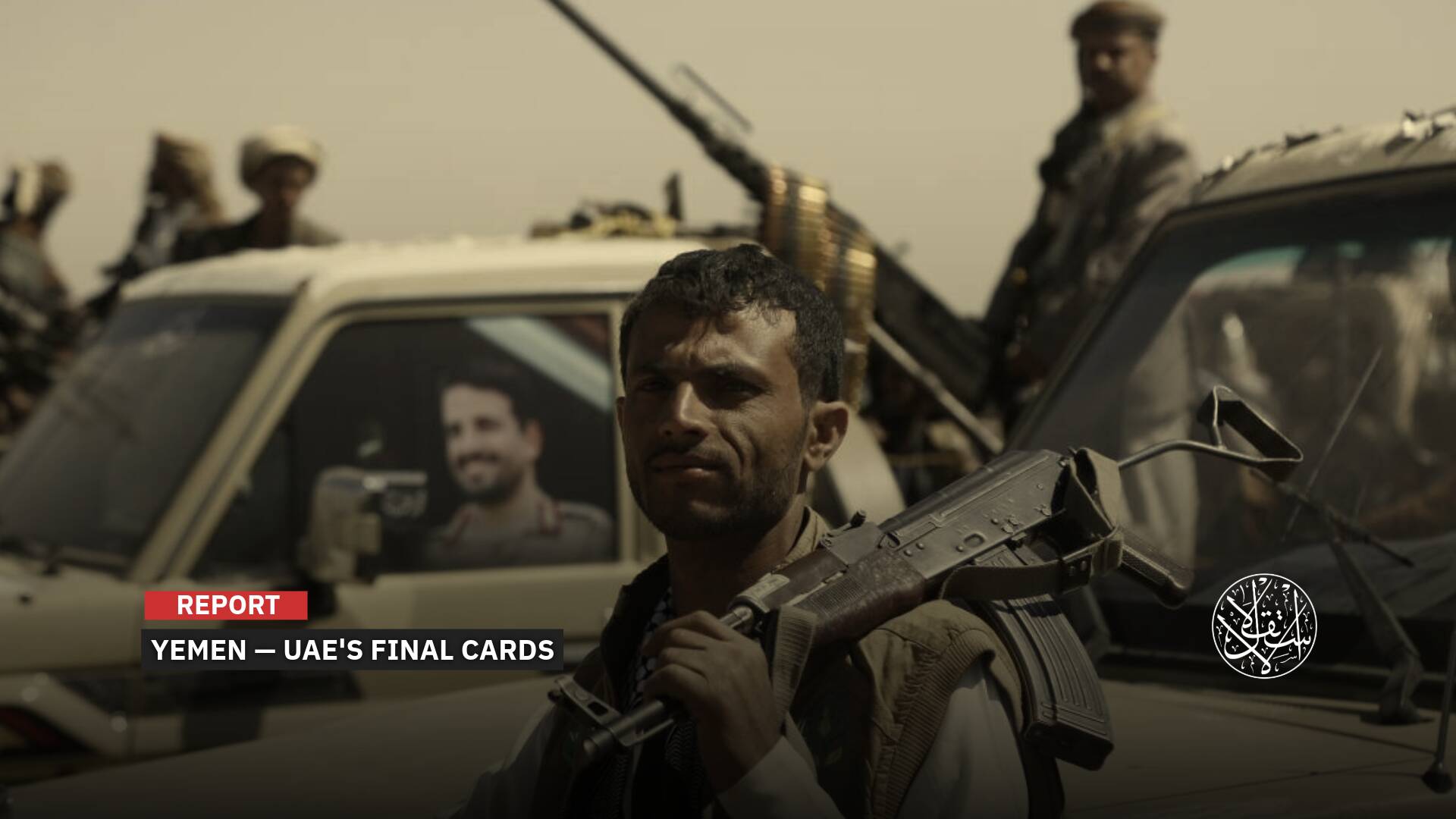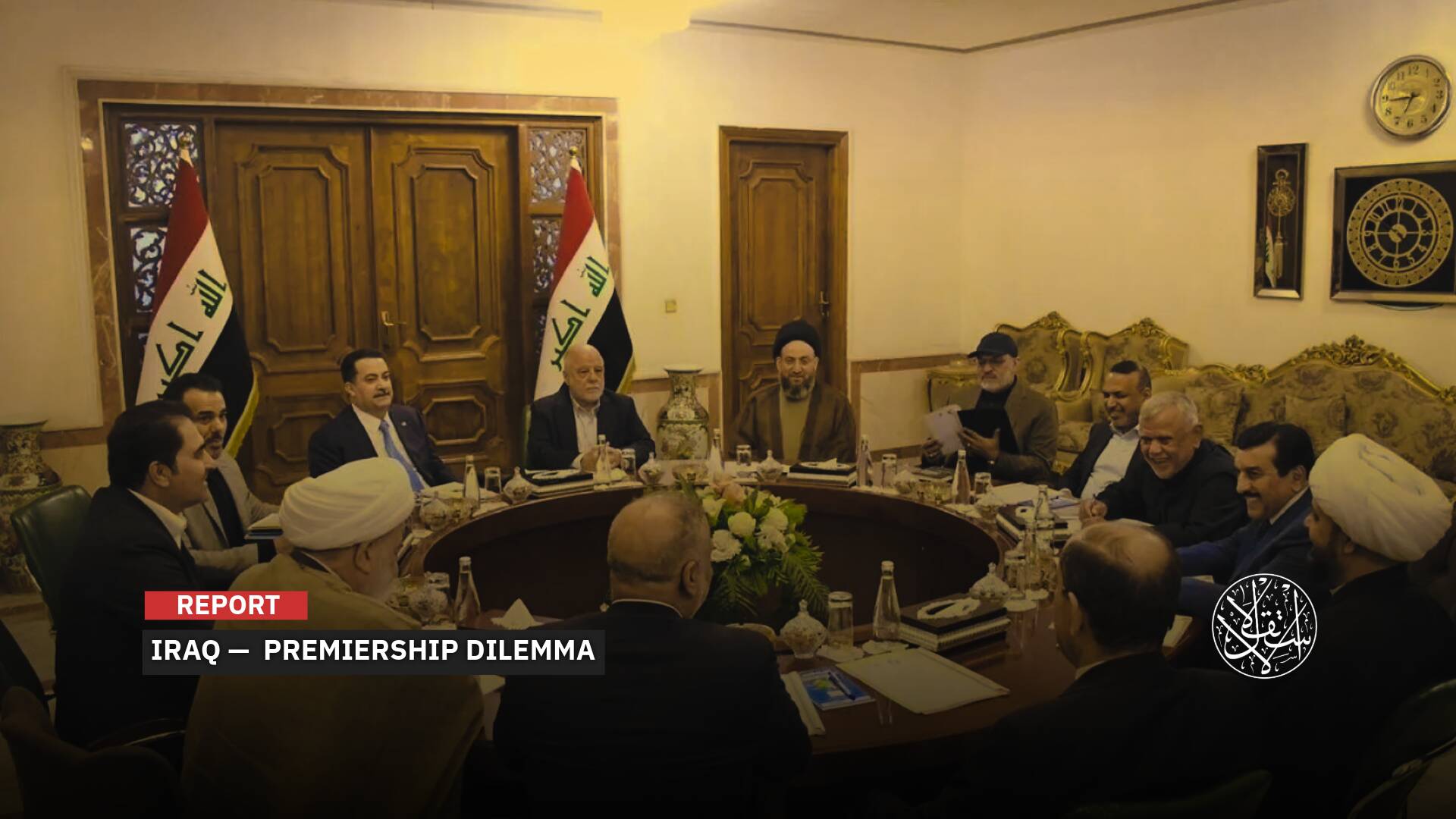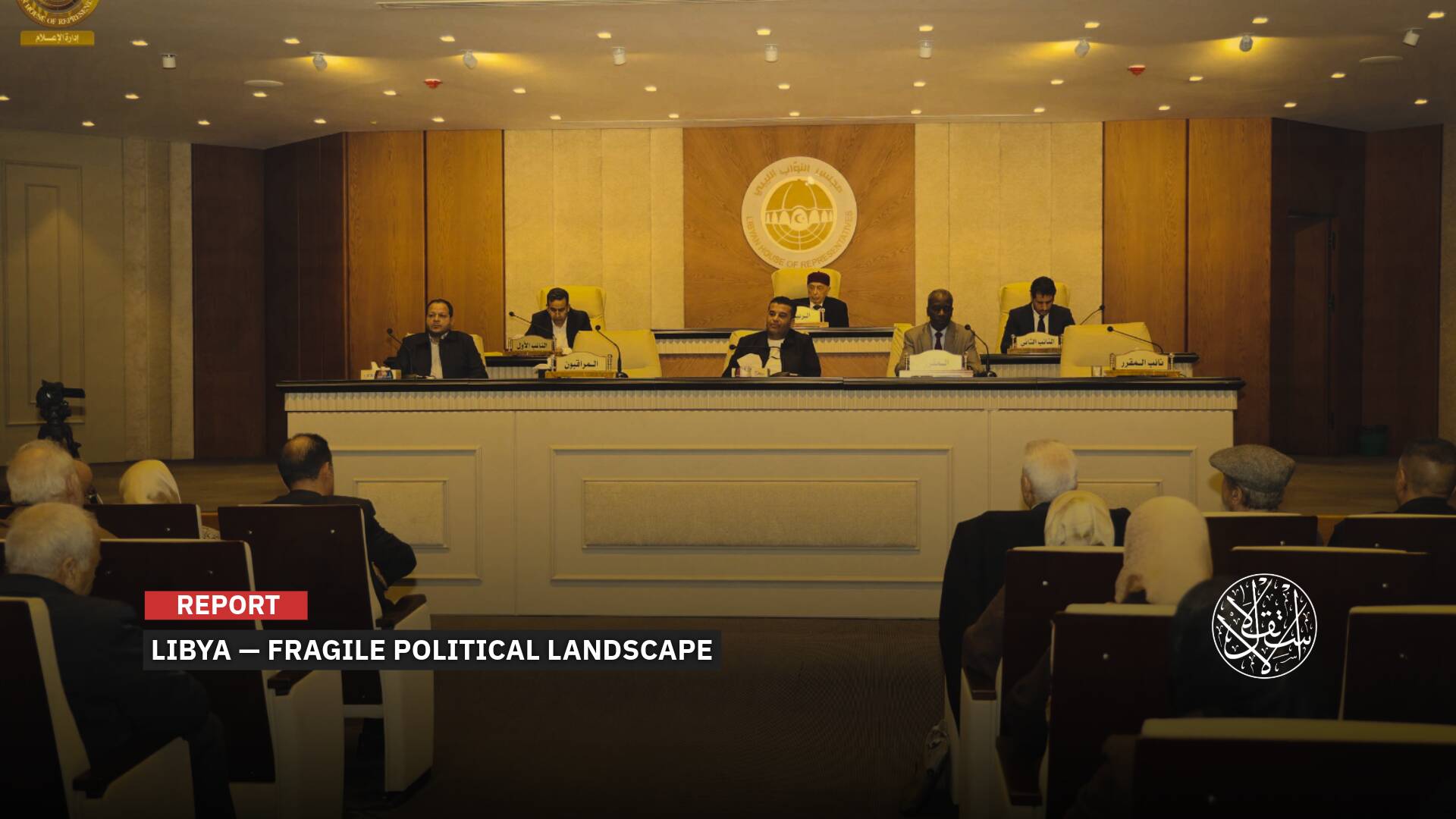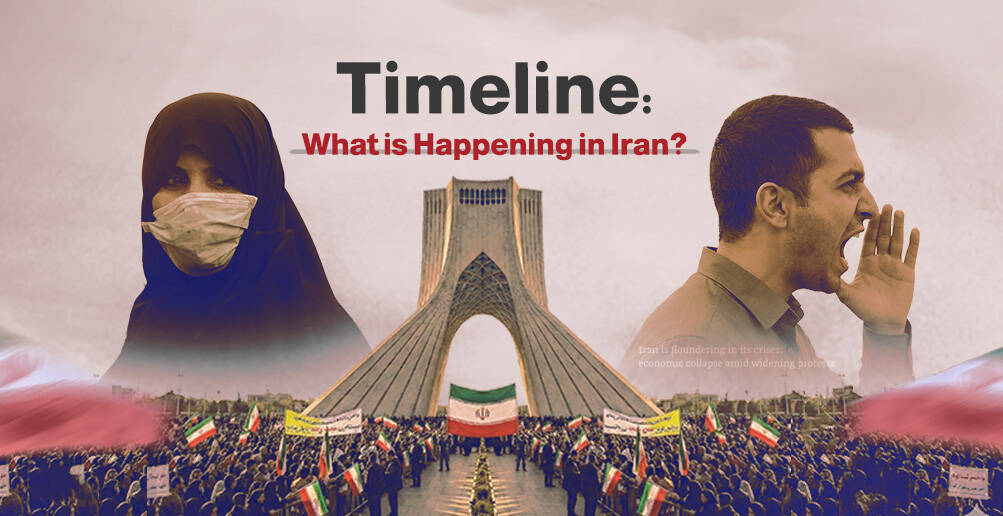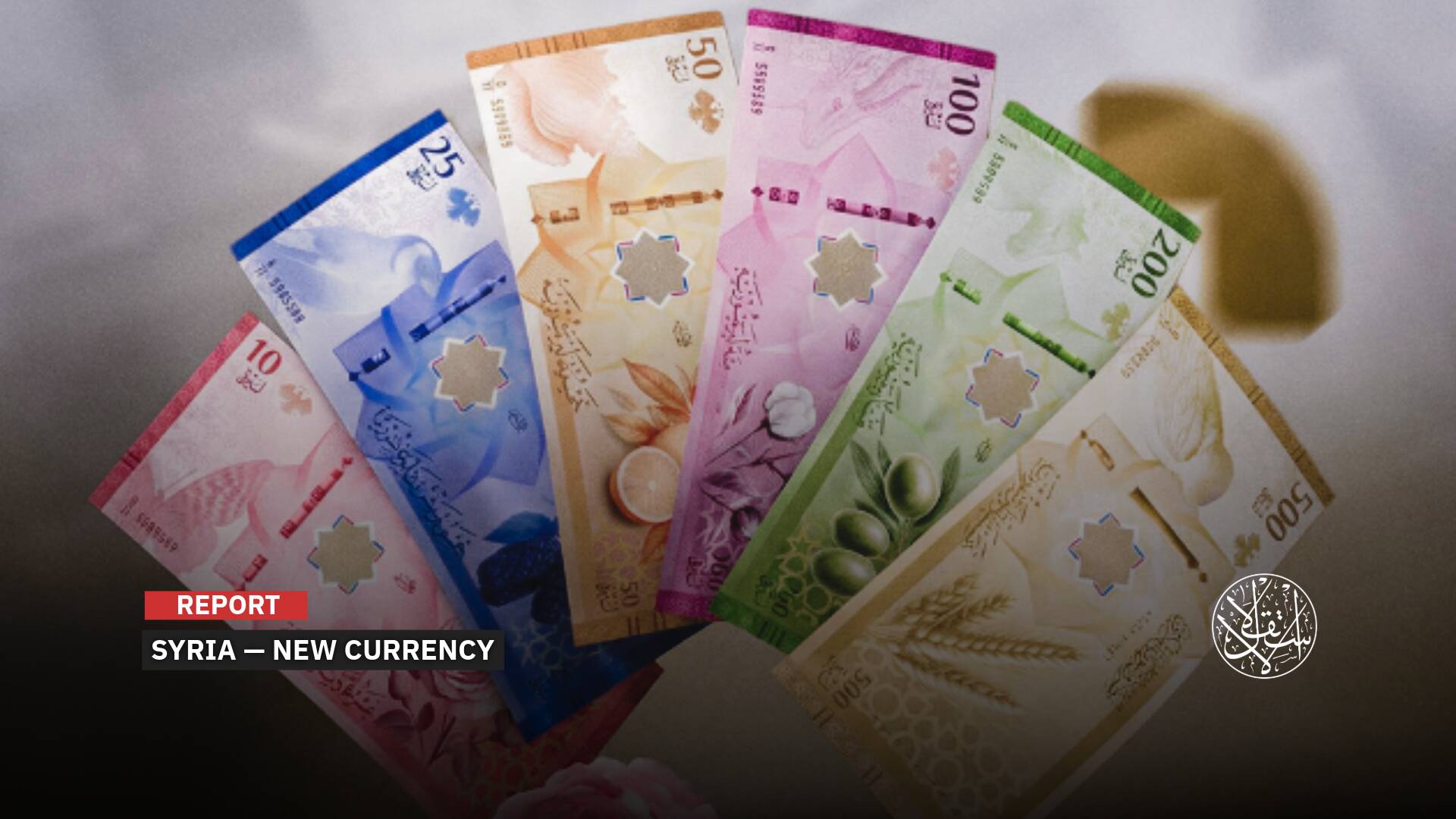Turkiye’s Path to Carbon Neutrality — Why the UAE Plays a Crucial Role in This Journey

Turkish President Recep Tayyip Erdogan outlined his vision for his country’s future in shifting toward clean energy and carbon neutrality in his book A Fairer World is Possible, published in 2021. Erdogan coined the term “Green Development Revolution” for this plan, emphasizing that Turkiye aims to achieve carbon neutrality by 2053.
In his book, he warned that climate change is a reality that threatens the future of humanity, and thus, Turkiye naturally plays a leading role in this vital issue.
Since then, Ankara has taken concrete steps both domestically and internationally to develop its clean energy infrastructure, forging agreements with global powers such as the European Union to make a significant leap in this field.
The United Arab Emirates (UAE) has been one of the important countries witnessing a wide and unique partnership with Turkiye to achieve zero carbon neutrality.
So, what is carbon neutrality, and why is it important? Why is Turkiye planning to reach it, and what role does the UAE play in this process?
Strategic Partnership
On August 25, 2023, The National, the Emirati newspaper, published an article by the Turkish Minister of Energy, Alparslan Bayraktar, in which he stated that Turkiye’s path to carbon neutrality passes through the UAE and “Ankara’s strategic partnership with Abu Dhabi represents a giant leap forward toward that goal.”
Bayraktar added that Turkiye signed an agreement worth $29.7 billion with the UAE and both countries committed to jointly implementing massive projects in a wide range of fields, starting from renewable energy, including offshore wind energy, solar energy, and even clean hydrogen and nuclear energy.
The Turkish minister also mentioned that Turkiye and the UAE will work together to lead the region’s transition to clean energy and climate goals.
He continued, “Our most recent agreement also reflects a core value of Turkish foreign policy: promoting international cooperation based on mutual interests and the principle of a just energy transition for all.”
Bayraktar also touched on his country’s future plans, saying, “We will continue to increase our oil and natural gas production as well as build nuclear power plants to diversify our energy mix.” He described the strategic partnership with Abu Dhabi as a giant leap forward.
“The Turkish–UAE partnership should serve as a reminder to countries across the region that changing the course of history remains within the realm of possibility if we work together and make unwavering commitment to leaving behind a bright future for our children and grandchildren.”

Carbon Neutrality
President Erdogan met his Emirati counterpart, Mohammed bin Zayed, on July 19, 2023, at Qasr al-Watan in Abu Dhabi, where they signed a comprehensive economic partnership agreement.
They discussed the Conference of the Parties (COP 28) to the United Nations Framework Convention on Climate Change, which the UAE will host at the end of 2024, emphasizing increased cooperation in climate action.
Both countries have ambitious plans for renewable energy and achieving carbon neutrality, with the UAE taking significant steps ahead of hosting the climate conference. Turkiye aims to capitalize on this progress.
The Paris Agreement, adopted on December 12, 2015, defines carbon neutrality or net-zero carbon as reducing carbon emissions to the maximum extent and compensating for what cannot be eliminated.
Achieving carbon neutrality relies on various methods, such as using clean vehicles, transitioning to a green economy, and eco-friendly projects. It also involves reducing emissions from intensive manufacturing, relying on greener sources of electricity like wind and solar power, and expanding reforestation initiatives.
Climate scientists attribute the accelerated pace of global warming to the significant accumulation of carbon dioxide and other greenhouse gasses in the atmosphere since the European Industrial Revolution.
Since then, numerous cities, companies, and institutions worldwide have been working toward reducing emissions of greenhouse gasses that contribute to global warming, mitigating the effects of climate change that threaten the entire world.
Meanwhile, European authorities are actively preparing legislation to become the first carbon neutral continent. At the same time, the Turkish government is vigorously pursuing this path, with the Turkish Parliament approving the Paris Agreement on October 6, 2020.

Turkiye Motivations
The primary motivation for Turkiye’s shift toward carbon neutrality is to protect itself from natural disasters.
Turkiye experienced unprecedented natural disasters in the summer of 2021, including forest fires and floods. At that time, the former Minister of Agriculture and Forestry, Bekir Pakdemirli, declared it a disaster “unlike anything we have seen in 100 years.”
The losses were estimated at more than $50 million as fires reached residential areas, especially in Bodrum city, resulting in the burning of several villages and the displacement of residents after the destruction of properties, agricultural crops, and livestock.
These crises propelled Turkiye to take climate change and carbon neutrality as a national security issue.
Bahadir Kaleagasi, the president of the Bosphorus Institute, a French association that encourages Turkish relations with France and Europe, stated, “All public opinion polls show that political parties in Turkiye must address this issue seriously in the upcoming elections.”
Indeed, President Erdogan included climate change mitigation and the transition to carbon neutrality in his electoral agenda for the presidential elections that concluded on May 28, 2023.
Akkuyu Nuclear Power Plant
On a practical level, Ankara has not limited itself to agreements and companies but has taken concrete steps toward clean energy and reducing carbon emissions. One of the most significant steps was taken on April 27, 2023, when Turkiye announced its first nuclear power plant, Akkuyu.
Formiche, the Italian magazine, reported that the project “is likely to be able to produce 35 billion kilowatt-hours of electricity annually and meet about 10 percent of the country’s electricity needs.”
It is the world’s first nuclear power plant project implemented through a build-own-operate model.
The project, with a cost of $20 billion and a capacity of 4800 megawatts, includes the construction of four reactors in the city of Akkuyu, overlooking the Mediterranean Sea. This project signifies Turkiye’s entry into the select group of countries with clean civil nuclear energy.
Additionally, on May 2, 2023, Turkiye inaugurated Europe’s largest solar power station, Kalyon Karapinar, in the city of Konya.
This solar power station, one of the few of its kind globally, meets the electricity needs of two million people with clean energy, as confirmed by the Turkish newspaper Hurriyet.

Zero Waste
This aligns with the introduction of the domestically produced Turkish electric car, Togg, which hit the market in early April 2023. The development of extensive electric charging infrastructure was itself a result of creating a major shift.
Togg is part of a framework that promotes the gradual transition to clean vehicles as alternatives to fuel-powered cars, which contribute to carbon air pollution. By using clean energy, Turkiye has tackled the issue of waste, which generates significant carbon emissions.
The government initiated the Zero Waste project in 2017 to combat the environmental impact of waste and residues. The Zero Waste Blue project was launched in June 2019 to protect seas and water resources and clean them fro m tons of waste that harm marine life, as well as safeguard consumers fro m harm.
On December 26, 2022, the Turkish Aerospace Industries company (TAI) managed to recycle 99% of its waste, setting an example for Turkish companies and institutions striving to reduce waste and transition to clean energy and carbon neutrality.
Sources
- Turkey's path to carbon-neutrality runs through the UAE
- Bin Zayed and Erdogan announce the establishment of a strategic committee between the two countries and the signing of agreements worth 50.7 billion dollars [Arabic]
- Erdogan's role after the war in Syria and among the entanglements with Russia [Italian]
- Turkiye is at the forefront of global leadership in the “Zero Waste” project to achieve sustainable development goals [Arabic]
- Carbon neutrality for a clean world: What does net zero emissions mean? [Arabic]
- Erdogan: Climate change is one of the most prominent challenges facing humanity [Arabic]
- The continued fires in Turkiye cause millions of dollars in losses to the economy [Arabic]


